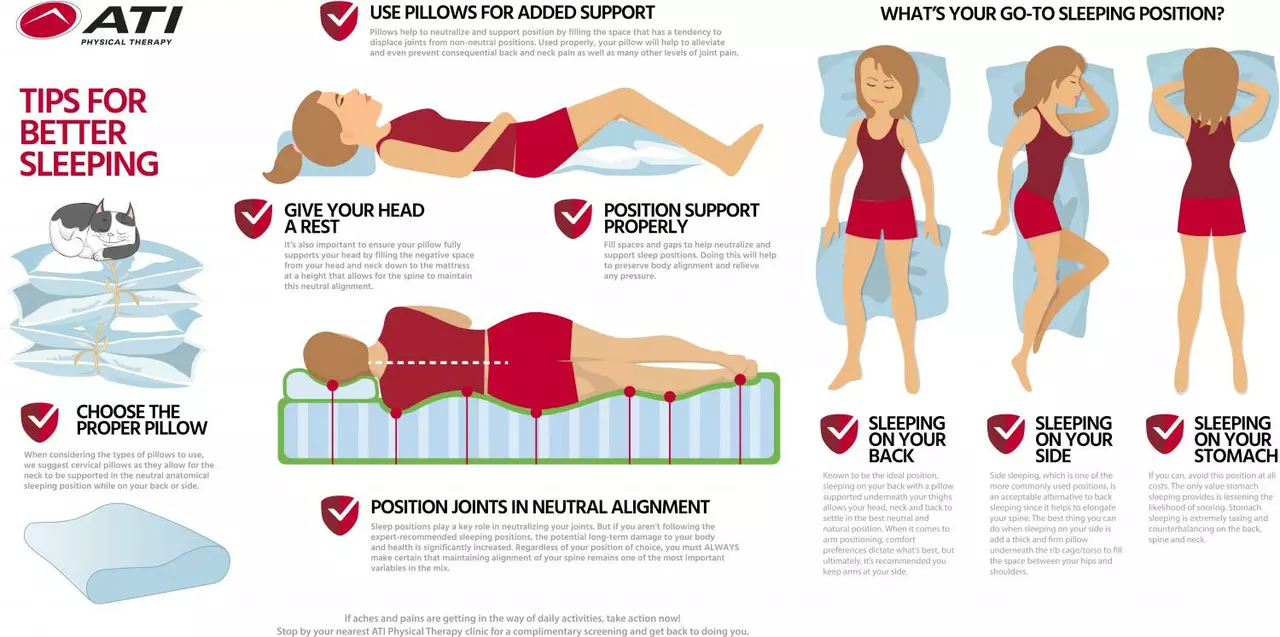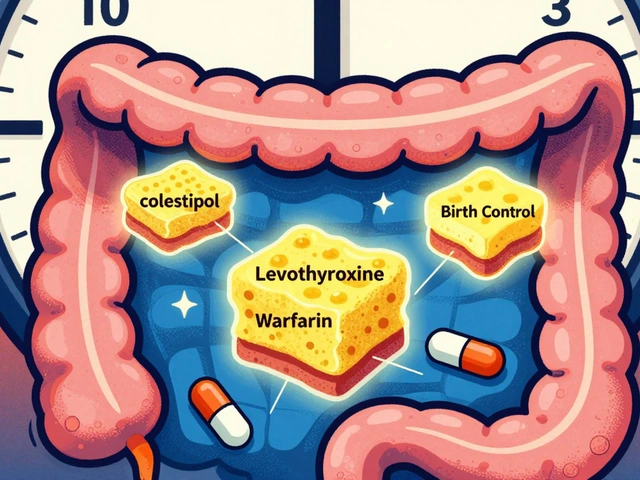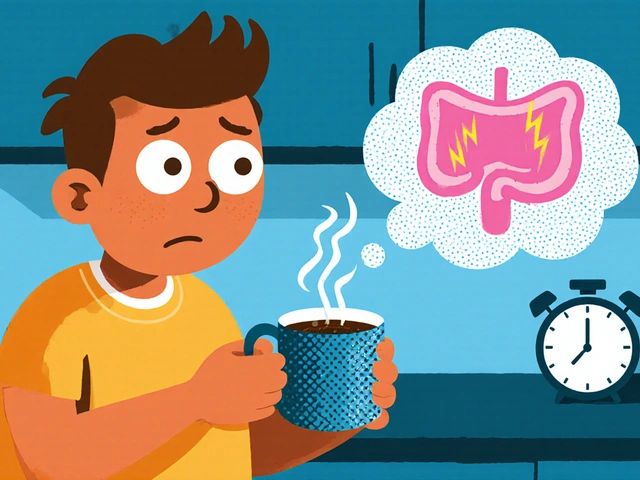Medication tips you can actually use — safe, simple, practical
Ever felt overwhelmed by prescriptions, online pharmacies, and all the options? You’re not alone. A few small habits change how well medicines work, how safe they are, and how much you pay. These tips pull from real posts on PrescriptionPoint.SU and give you clear actions you can take today.
Start by reading the label and knowing the active ingredient, not just the brand. Different brands or generics can look different but contain the same drug. That matters when you switch pharmacies, travel, or shop online.
Before buying meds online, check three things: the pharmacy’s contact info, whether they require a prescription, and if the checkout is secure. If the site hides its address or sells prescription-only drugs without asking for a script, walk away. Good sites give an easy way to contact a pharmacist or customer support.
Worried about interactions? Keep a current meds list (including supplements) and show it to every provider or pharmacist. Use one reliable app or the pharmacy’s interaction checker to flag risks — especially for blood thinners, antidepressants, or drugs that affect the heart.
Side effects can sneak up. Track how you feel for the first two weeks after a new drug and note any changes in sleep, appetite, mood, or digestion. If something feels off, call your prescriber before stopping. Many side effects are manageable with dose changes or timing adjustments.
Quick safety checklist
- Confirm the exact drug name and dose on the bottle. Don’t guess from packaging.
- Ask if a generic is appropriate — it often cuts cost without losing effect.
- For inhalers or injectables, get a demo from a nurse or pharmacist. Technique matters.
- For chronic meds, schedule follow-up labs and set a calendar reminder.
Smart ways to save on prescriptions
Compare prices across discount cards and pharmacy sites before you buy. Some posts on this tag test services like GoodRx or BuzzRx head-to-head — prices vary by drug and store. Ask your prescriber about 90-day fills, which can lower copays. For non-urgent meds, consider price checks at both local and online pharmacies; savings can be surprising.
If you’re looking for alternatives to a medicine (for cost or side effects), talk to your clinician about therapeutic alternatives rather than random swaps. The site’s guides on options like anticoagulants, inhalers, or antidepressants explain pros and cons so you can have a smarter conversation with your doctor.
Finally, trust your instincts. If a pharmacy or product feels sketchy, choose another. Use reliable resources, keep notes on what you try, and don’t hesitate to ask for help from a pharmacist — they’re trained to keep you safe and save you money.
Want more specific reads? Check our tips posts on buying Motrin online, inhaler options beyond albuterol, and saving with discount cards. Practical, no-nonsense guides live under this tag to help you make better medicine choices fast.

As someone who struggles with ADHD, I understand how difficult it can be to get a good night's sleep. To help combat this issue, I've recently looked into some tips for a better night's rest. I learned that creating a consistent bedtime routine, minimizing distractions in the bedroom, and incorporating relaxation techniques can make a huge difference. Additionally, regular exercise and limiting caffeine intake can also contribute to a more restful sleep. I'm excited to try these tips and hope they can help others with ADHD as well.
Continue Reading





